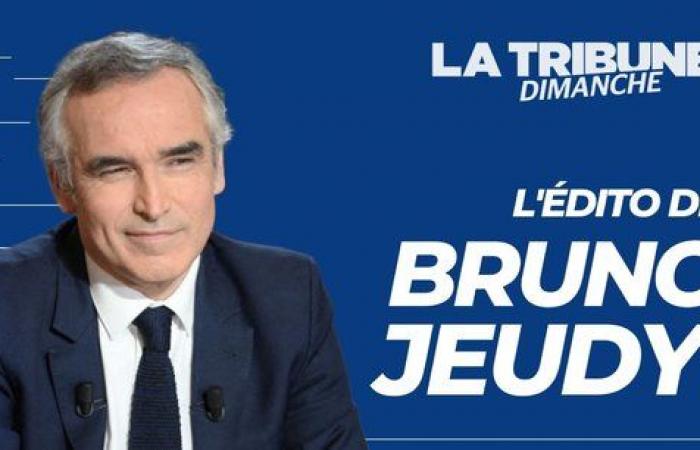No respite for strikes. In 2008, Nicolas Sarkozy declared that “ now, when there is a strike in France, no one notices it anymore “. Which French person has not had the opportunity to appreciate the reckless nature of this assertion by being confronted with the cancellation of a flight to Roissy, a TGV journey or the closure of a school? The “greviculture” that Gabriel Attal stigmatized in 2018 reappears in this autumn of all discontent with the announcement by the railway unions of a day of action on Friday as a warm-up for a renewable strike from December 11. Fatalism competes with bitterness among our compatriots, victims of inflation, threatened with social plans and invited to contribute to the recovery of the nation's accounts.
The CEO of SNCF, Jean-Pierre Farandou, aware of the devastating impact of a movement which could spoil the Christmas holidays of thousands of French people, appeals to the sense of responsibility of his troops, who had respected the truce this summer Olympic. It is true that it had been obtained at the cost of a particularly favorable regime of progressive transfer of activity granted to railway workers. Determined to avoid a lasting strike, their boss has his work cut out for him in a company where, since 1947, there has not been a year without a strike.
Open letter from Manon Aubry to Ursula von der Leyen: “The agreement between the European Union and Mercosur is a disaster”
Thus France is reconnecting with its old demons: the inability to anticipate crises, the refusal of change and developments, a masochistic preference for conflict to the detriment of consultation. Françoise Giroud, in her work Rumor of the worldpublished in 1999, already made this observation: “ It's a strange country, France, where negotiations always take place after strikes start and not before. »
The mobilization of farmers tomorrow, and of civil servants on December 5, perfectly illustrates this phenomenon. What can Michel Barnier do in the face of this contagion of protest? Not much other than deploring the irresponsibility of certain demands and showing solidarity with the peasants who are rebelling against the EU-Mercosur treaty. Faced with this growing danger, the champion of negotiation promises them: “ I will do everything I can. » His sincerity is not in question, but it smacks more of the Coué method than winning.
As for the civil servants ready to put down the pen, they do not appreciate the policy of “ debureaucratization at all levels » which their new minister intends to launch. It is true that the Macronist Guillaume Kasbarian is bold. His warm congratulations addressed to Elon Musk, with whom he hopes to share his concern for government efficiency, shocked left-wing parties and unions. Their reaction suggests that the windmills of protest will quickly stand in the way of this Don Quixote of reform, forgetful of what Georges Clemenceau said: “ France is an extremely fertile country: civil servants are planted there and taxes are raised there. »
>>> Find the complete edition of La Tribune Sunday from November 17, 2024 on your newsstands and on our digital kiosk.






